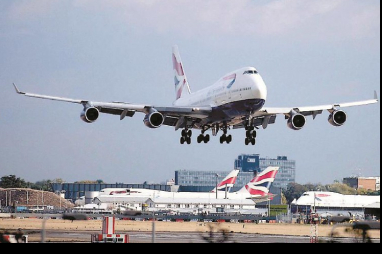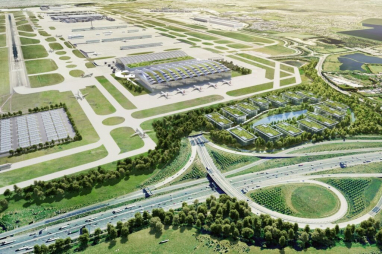- 200 Release Date - nike gold air chukka moc high school - SBD - nike gold air yeezy glow in the dark sneakers boys Rattan Obsidian CZ4149
- Платье, adidas Core 18 Длинные брюки , платье adidas — цена 598 грн в каталоге Короткие платья ✓ Купить женские вещи по доступной цене на Шафе, Украина #121602964
- Роздільний купальник adidas раздельный купальник
- all black jordan 13
- nike outlets sell jordan 1
- Air Jordan 1 Blue Chill Womens CD0461 401 Release Date 4
- Nike Blazer Mid 77 Catechu DC9265 101 Release Date
- 554725 113 air jordan 1 mid white black 2020 for sale
- Miles Morales Shameik Moore Air Jordan 1 Spider Verse
- Air Jordan 1 Satin Black Toe CD0461 016 2019 Release Date 4
- Home
- News and analysis
- Info hubs
- Events
- Video
- Case Studies
- About us
- Magazine
- Advertising
Produced for the industry by the Association for Consultancy and Engineering
News
MPs scrutinise Department for Transport’s proposal for Heathrow expansion

MPs have been told that a third runway at Heathrow is the best option for the whole of the UK when considering economic, strategic and environmental impacts despite concerns raised around the destruction of 783 homes, air quality and a predicted final cost of £16bn.
The Transport Select Committee held the first part of its inquiry into the government's revised airports national policy statement which sets out the case for a third runway at London's biggest airport. It stems from the government launching a consultation in October for the public to review fresh evidence. The committee heard from Phil Graham, formerly of the Airports Commission, as well as Caroline Low and Dennis Morgan of the Department for Transport to work through the evidence base underpinning the revised NPS and how a conclusion of “no true alternative” other than the third runway was reached.
Graham told MPs how figures based on the DfT’s approach model showed that a third runway at Heathrow was economically and strategically advantageous. The committee heard how by 2050, there would be 87 daily destinations and 153m long-haul seats with expansion at Heathrow, in comparison to just 81 daily destinations and 144m long-haul flights at Gatwick. Graham did point out that the Airports Commission only favoured third runway if mitigation measures on air quality and noise disturbance were fully implemented.
Speaking to the committee, Graham said: “The first thing to stress is the decision to choose the third runway was not on the strength of one single piece of analysis, it was very much the result of a three-year process of analysis and engagement. We cannot point to one single factor which is why we chose the third runway. The decision was taken on balance and took into account the economic and strategic cases and is subject to environmental mitigation recommendations.”
Low supported the Airport Commission’s views on the importance of the advantageous strategic case that Heathrow could boast. She talked about how the airport had the expanding workforce and local infrastructure nearby to respond.
Following the first part of the inquiry, the committee were joined by Captain Jock Lowe, director of Heathrow Hub, the independent campaign to extend Heathrow’s northern runway and Nick Dunn, chief financial officer for Gatwick Airport. The two men were invited by the 11 members on the committee to understand how their schemes compare against the government’s preferred option.
Lowe told the committee how the DfT had not fully taken account of future growth in low fare long haul flights in its predictions and that he could not understand how they continued to state the northern runway would run at a lower capacity. He added: “Our option is far more low risk and low cost, it could be built much quicker and could be done in phases, we have the same capacity if not more, but this is not reflected in the NPS.”
While Dunn revealed that Gatwick Airport would put in an application for a new runway even if government gives the go ahead for Heathrow expansion. The airport boss stated how any second runway would be built on agricultural land that was safeguarded many years ago for this exact possibility and provided the government with a low cost, high-quality option which would result in far less disturbance to people surrounding the airport.
The committee meeting comes just a month after the chairman of the NIC, Lord Adonis, told MPs how delays to Heathrow expansion meant the UK was falling behind other nations in terms of access to fruitful markets like China. Adonis warned how delays in pressing ahead with a third runway were "sacrificing national welfare" and the likes of Holland, France and Germany were all gaining an advantage from a lack of capacity at Heathrow.





